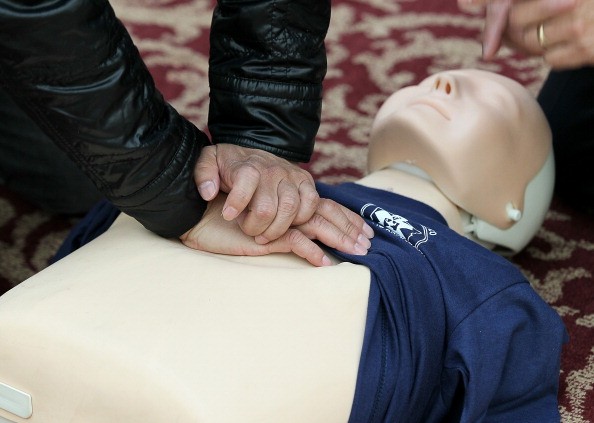
People talk about having a sudden heart attack or cardiac arrest, but new research suggests that many people may have had warning signs for hours or days-even many days-before they collapse.
About 350,000 people in the United States die each year from cardiac arrest. This occurs when the heart stops beating because electrical activity that starts the heartbeat is knocked out of rhythm. Cardiopulmonary resuscitation (CPR) can keep a person alive until emergency medical help arrives, but even with that few patients survive, which is why it has never been known if there was any advance warning.
To study whether there had been symptoms in advance, researchers in Portland, OR, looked at cases of sudden cardiac arrest. They used interviews with witnesses to the person's collapse, family, and friends, and consulted the patients' medical records. They examined records for nearly 1,100 people ages 35 to 65 who suffered a cardiac arrest between 2002 and 2012.
For about a quarter of patients, researchers could find no information about whether they had any advance symptoms, which makes it impossible to determine how common warning signs really are. But of the remaining patients, half had evidence of at least one symptom during the month before the attack, the study found. For most, the symptoms began within 24 hours of their collapse, but a few had symptoms up to a month earlier. Chest pain was most common in men, while women were more likely to become short of breath. Other symptoms included fainting and heart palpitations.
Only 19% of patients called 911 about their symptoms, and these were mostly people who were already diagnosed with heart disease or who had recurrent symptoms. They had a far greater survival rate: 32%, compared with 6% for patients who did not call 911.
The Institute of Medicine recently called for increasing the number of public programs that teach people how to perform CPR. Such programs could increase the number of people who survive a cardiac arrest.



